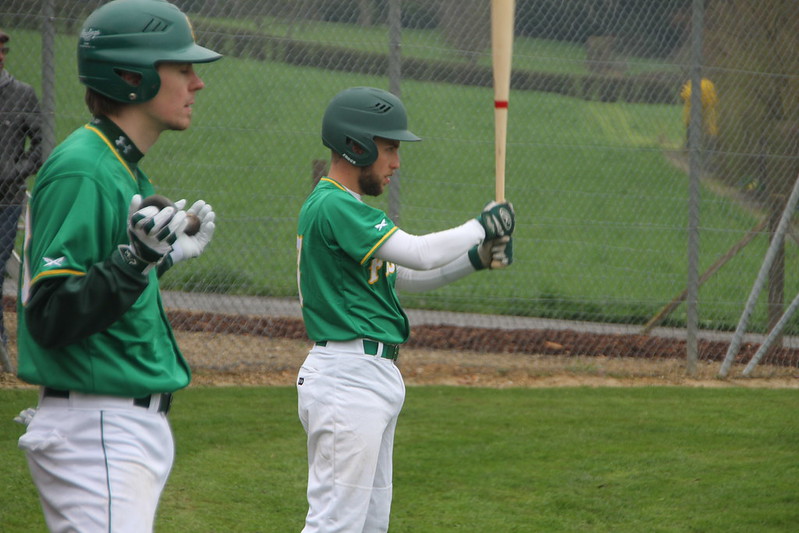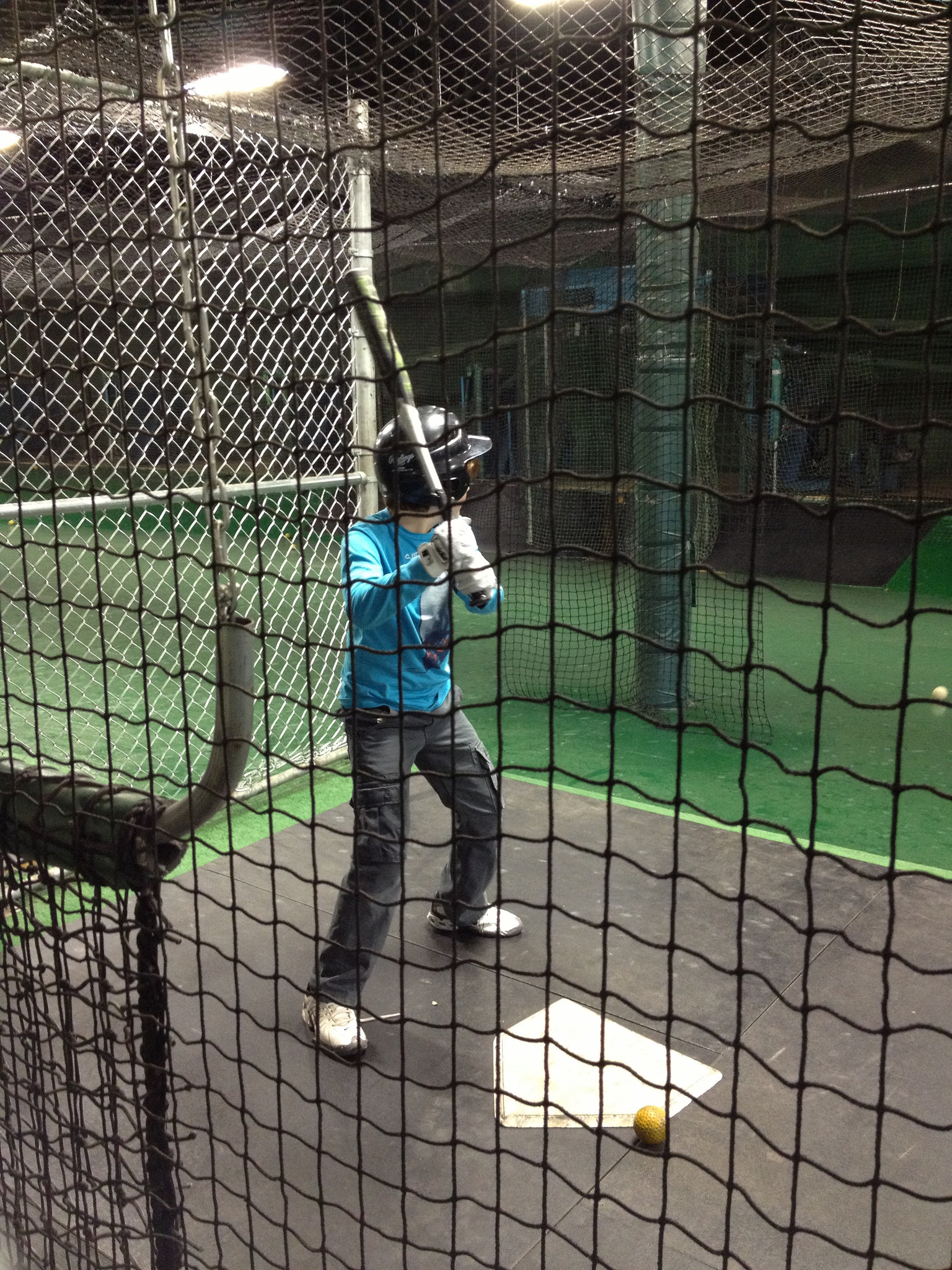(adsbygoogle = window.adsbygoogle || []).push({});

Guest post by Matt from liftyourgame.net
Do your kids ever struggle with nerves before a big game?
It’s natural to feel anxious before big games to a certain extent. But if your child feels extremely nervous, it can really harm their ability to play to their best, and severely reduce their enjoyment of the sport. But imagine you were playing a game in an MLB finals series – how much more stressed would you be? Obviously, in professional sports, the stakes are much higher, and nerves can be a massive issue. This is why the pros have ways of dealing with this problem, and now, we’re going to share them with you.
1. Accept your nervousness
The first step MLB players use to manage nervousness is actually to recognize it as a problem, rather than trying to block it out. If you give in to the natural fight or flight response mechanism, you’ll be much more likely to choke in-game and then get angry at yourself, and will find it almost impossible to use any of the stress mitigation strategies outlined below. This kicks off a vicious circle, where you get nervous about being anxious, and you end up torturing yourself over every little mistake.

2. Embrace the opportunity
Optimistic thinking doesn’t work for some people, especially if you’re a glass-half-empty kind of person. However, for the best MLB players, it can be a useful way of reframing your perspective of difficult situations. In the major league, nervousness signals that the stakes are high – normally you’re about to play a crucial game, or a match that could have a big impact on the direction of your career. While there is obviously going to be a downside to screwing up, nervousness also signals a chance to show what you’ve got. This is why some pros try to frame nervousness as a sign of potential opportunity, rather than potential loss.
3. Great preparation

The methods we’ve discussed so far are used to mitigate nervousness once it occurs. But what if you could stop yourself from feeling stressed in the first place? If you know you’ve done everything you possibly can to prepare for a game, it’s much harder to begin worrying about the potential outcome.
You ideally want to be in a position where there is nothing else you could have done in order to perform better on the day – from that point on, the result is down 100% to the level of effort you put in. Therefore, if you put the work in on gameday, you’ll perform to the best of your ability.
There are two challenges with this technique. Firstly, you need to put the training in ahead of time – including individual practice and drills – not just team exercises. This requires a really strong work ethic, and it’s what separates the best from the rest.
Secondly, it requires that you’re actually able to convince yourself of the logic behind this theory. Only once you actually believe that game-day performance is determined by effort, will you be able to use it properly.
4. Managing breathing
When nervous, we normally take much shallower breaths. As a result, your brain doesn’t have enough oxygen, and you struggle to think through your game plan. You might have noticed this when doing public speaking – you feel like your mind is blanking, despite reading your notes just moments earlier.
This is why nervousness often seems to fade a little once you actually get onto the pitch. Physical activity forces you to take deep breaths, causing the oxygen to come back. Ensuring proper breathing allows you to bring your mind back to the present moment, rather than worrying about how you’re performing, or what you’re going to do during the rest of the game.
5. Meditation
This one might seem a little far fetched. But it’s true – many pro athletes, including MLB players, use meditation to calm their performance-related anxiety. Part of this is about regulating breathing, and allowing yourself to get a steady, stable supply of oxygen, as we discussed above.
However, meditation also helps to reduce stress and anxiety. While it might not tackle nervousness directly, it does give you the chance to relax and think about nothing for a while, which has been shown to reduce pre-match jitters. Plus, meditation can also help to fight depression, which has emerged as a major (but hidden) issue for athletes in professional sports in recent years, including in the MLB.
In fact, 3x all-star pitcher Barry Zito is a massive proponent of meditation, having stated that it “erases the stress [of playing in the MLB] before it can take hold.” Even Derek Jeter used mediation to improve his mindfulness in-game. The Yankees legend has previously stated that he would often meditate on his days off.
Managing stress as a parent
If your child suffers from heightened nervousness before games, it’s important to note that this is often a normal response, especially as a newcomer to baseball. If it becomes a problem that begins to affect their enjoyment of the sport, it’s crucial that you take steps to reduce the amount of stress your child is experiencing.
Remember, for kids, the most important thing is having fun. It’s critical not to put too much pressure on your young one to perform. To help minimize nervousness, be sure to provide encouragement through positive reinforcement.


